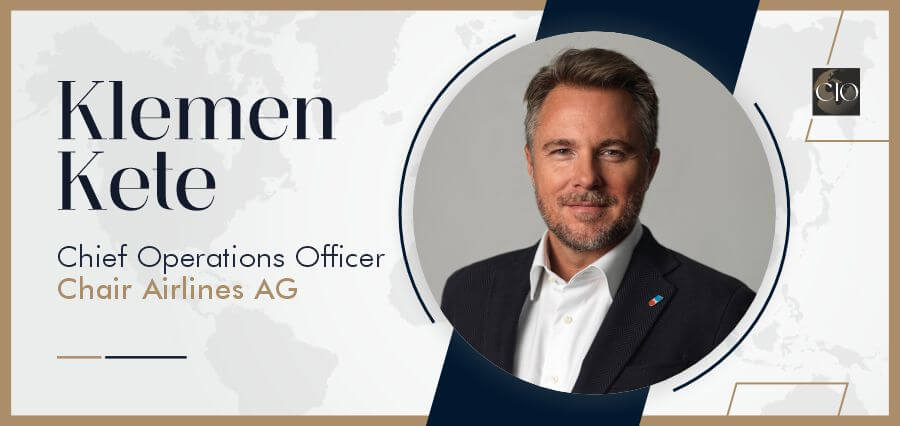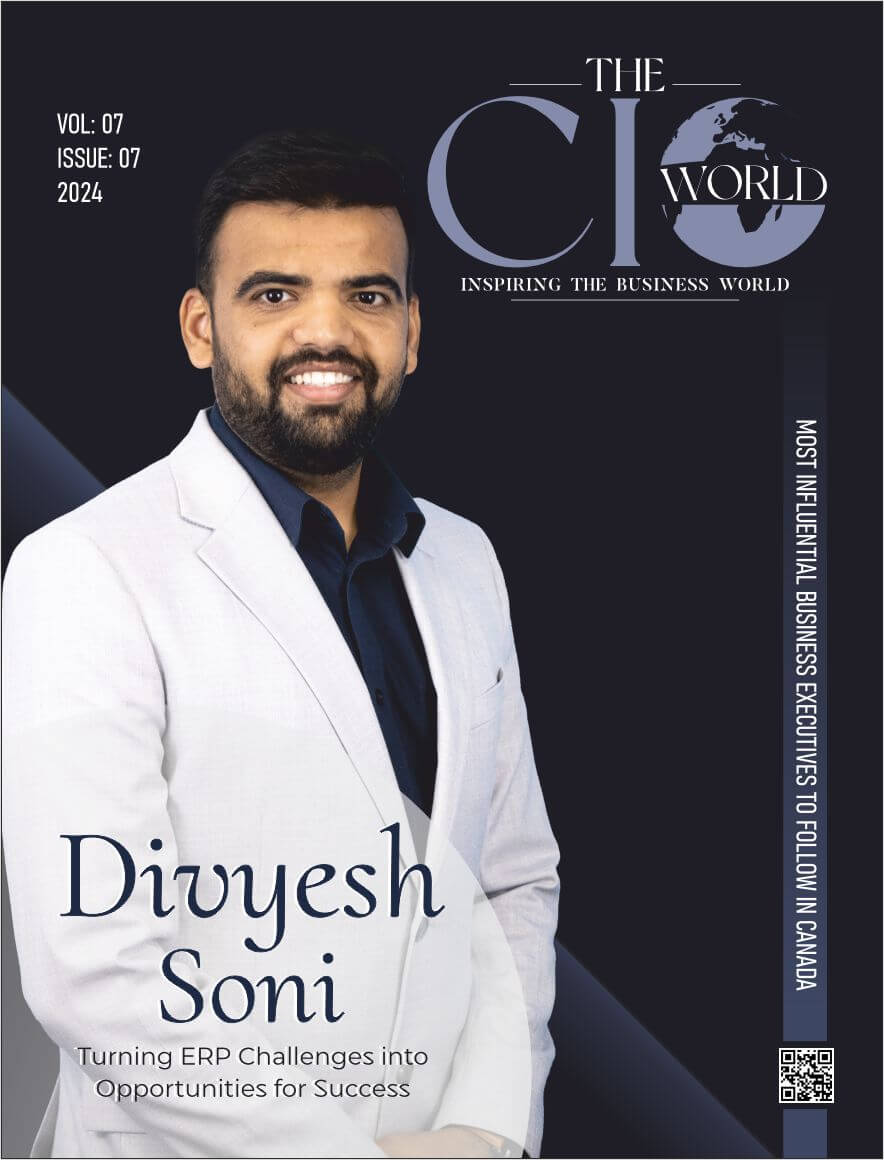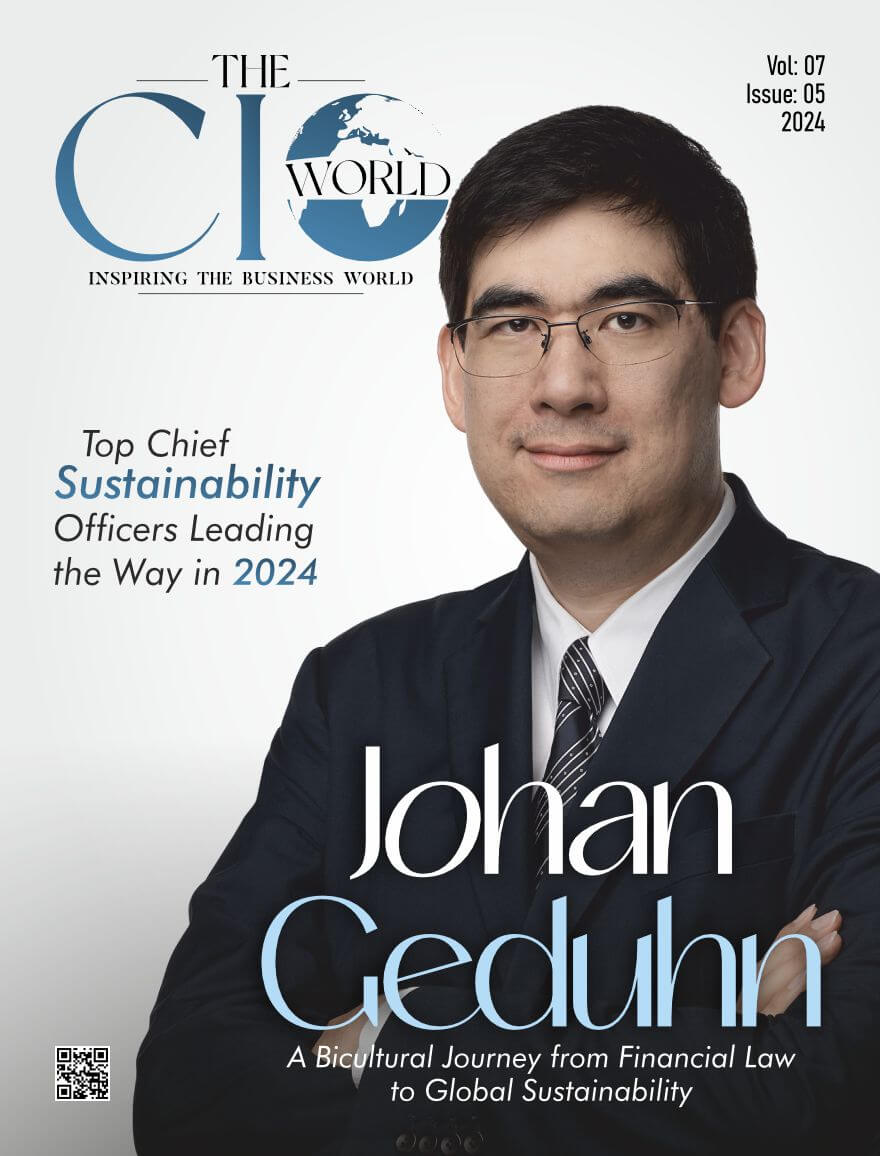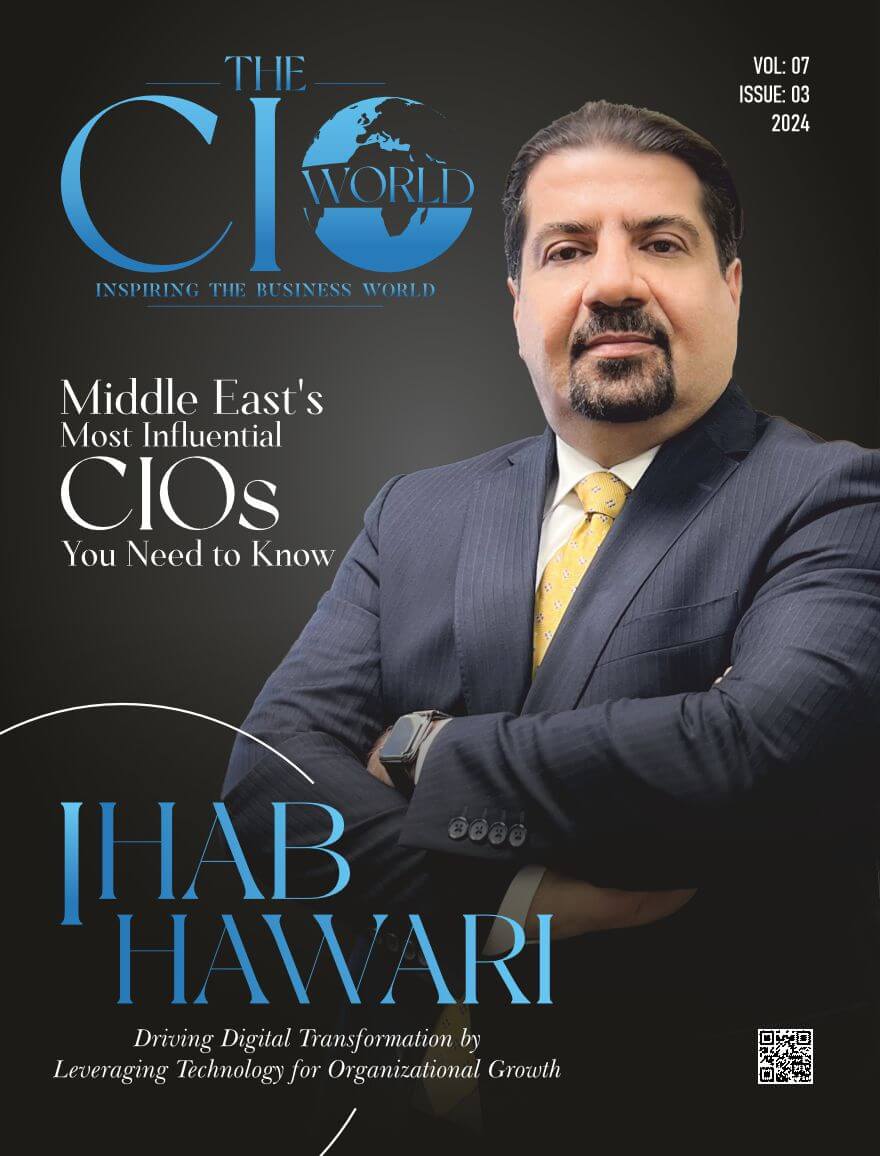The sky’s the limit, but the mind can go beyond!
“From the first time I flew as a child, I have always wanted to keep on flying whenever I see the beautiful landscape of Earth from above.” These words, echoing the innocent wonder of a child captivated by the aerial spectacle, resonate with many of us who have gazed out of airplane windows and felt the magic of flight. For Klemen Mark Kete, this childhood fascination with aviation has transformed into a lifelong passion that now propels him to new heights in the aerospace industry. Like many, his fascination with flight began as a child, when he gazed at Earth’s mosaic from above, fueling a desire to traverse the limitless expanse of the sky.
Driven by a profound love for the passenger experience, Klemen, who also holds a Ph.D. degree, has seamlessly blended his passions for leadership, design, and engineering to soar to new heights in the aerospace sector. As a quantum enthusiast in aviation, he envisions a future where air travel transcends conventional boundaries, transforming every journey into an exhilarating adventure for passengers.
The aviation industry, with its technical innovation and operational intricacies, has always captivated Klemen’s imagination. It’s not just about flying; it’s about the seamless connection of people from different corners of the world. His journey reflects a dedication to creating a future where the magic of flight is not just a mode of transportation but an immersive and unforgettable experience.
As COO of Chair Airlines, he is at the helm of an organization poised to revolutionize the way we traverse the skies. His leadership philosophy intertwines with the company’s goal – to elevate air travel into an adventure that transcends the ordinary.
Below are the interview highlights:
Share key leadership qualities you find crucial in navigating the aerospace sector.
In the aerospace sector, there are several key leadership qualities that I find crucial for success. Firstly, accountability and responsibility in aviation are paramount due to the critical nature of the industry. Ensuring accountability holds individuals and organizations accountable for their actions, fostering a culture of transparency and trust. Responsibility ensures that each stakeholder acknowledges and fulfills their duties, contributing to the overall safety and reliability of air travel. In aviation, where the consequences of errors can be severe, these principles are foundational to maintaining operational excellence, upholding safety standards, and preserving the integrity of the industry.
Secondly, adaptability is pivotal. The industry is constantly evolving, from technological advancements to changing regulations, and leaders must be able to navigate through these changes while keeping their teams aligned and motivated.
Thirdly, effective communication is vital. As a leader, it’s important to clearly articulate the vision, goals, and expectations for the team while keeping an open line of communication to address concerns and foster collaboration.
Fourthly, a strong focus on safety is non-negotiable. In the aviation industry, safety is the top priority, and leaders must instill a safety culture throughout the organization, emphasizing the importance of adherence to regulations and best practices.
Lastly, strategic thinking is essential. Leaders need to have a forward-looking mindset, anticipate industry trends, identify growth opportunities, and make informed decisions that position the organization for long-term success.
Describe a challenging situation you faced in your role and the lessons learned.
A challenging situation I faced in my role was during a pandemic period of economic downturn that significantly impacted the aviation industry. The decline in air travel demand posed several operational and financial challenges for our airline. In response, we had to streamline our operations, reduce costs, and find innovative ways to attract customers.
The key lesson I learned from this experience was the importance of agility and adaptability. We had to swiftly adjust our business model and explore new markets to minimize the impact of the downturn. Moreover, I realized the significance of effective communication and transparency with the team. By keeping them informed and involved in the decision-making process, we were able to foster a sense of unity and resilience.
How do you stay updated on industry trends, and encourage innovation within your team?
Staying updated on industry trends is crucial for success in the aerospace sector. I actively engage in industry conferences, seminars, and forums to gain insights into emerging technologies, regulatory changes, and customer expectations. Additionally, I maintain a network of industry professionals and participate in professional associations to exchange knowledge and stay connected with the latest developments.
To encourage innovation within my team, I foster a culture of continuous learning. I encourage my team members to pursue professional development opportunities, attend relevant workshops, and engage in cross-functional projects. By providing a supportive environment where ideas are welcomed and experimentation is encouraged, we create an atmosphere that fosters innovation and drives improvement.
How do you foster collaboration and inclusivity in a global industry?
In a global industry like aviation, fostering collaboration and inclusivity is crucial. I promote diversity within my team by actively seeking individuals with diverse backgrounds, experiences, and perspectives. By bringing together people with different cultural and professional backgrounds, we create a rich and inclusive work environment where ideas can flourish.
To foster collaboration, I emphasize the importance of teamwork and create opportunities for cross-functional collaboration. Regular team meetings, brainstorming sessions, and project-based assignments encourage open communication and collaboration among team members. In addition, I promote a culture of respect, where everyone’s voice is valued and decisions are made collectively.
Furthermore, I encourage global partnerships and collaboration with other airlines, industry stakeholders, and regulatory bodies. By working together, sharing best practices, and pooling resources, we can collectively address industry challenges and drive positive change.
Could you please share your approach to leading diverse teams in the aerospace field?
Leading diverse teams in the aerospace field requires a multifaceted approach. Firstly, it’s important to foster an inclusive and respectful work environment where individuals from diverse backgrounds feel valued and empowered. This involves promoting open communication, actively listening to different perspectives, and ensuring equal opportunities for growth and development.
To effectively lead diverse teams, I believe in the power of cultural intelligence. Understanding and appreciating different cultures, customs, and communication styles helps build trust and collaboration among team members. By creating a culture of inclusion and celebrating diversity, we can tap into the collective strengths and experiences of our team, leading to innovative solutions and enhanced performance.
Furthermore, I encourage diversity and inclusion initiatives such as mentorship programs, employee resource groups, and diversity training sessions. These initiatives not only provide support and guidance for underrepresented groups but also foster a sense of unity and understanding among team members.
How do you prioritize safety and ensure continuous improvement in standards?
Safety is of paramount importance in the aerospace industry, and it is crucial to prioritize it at all times. As a leader, I ensure that safety is ingrained in the organizational culture and that every team member understands their role in maintaining and promoting safety standards.
To ensure continuous improvement in safety standards, I implement a robust integrated management system that includes regular risk assessments, compliance audits, and management evaluations. I encourage a proactive approach to safety by promoting reporting of near-miss incidents and implementing corrective actions to prevent recurrence.
Additionally, I prioritize ongoing training and development for all employees, ensuring they are up-to-date with the latest safety procedures, regulations, and industry best practices. By investing in the professional development of my team, we create a safety-conscious workforce that is committed to maintaining the highest standards.
Balancing innovation with regulatory requirements is crucial. How do you manage this?
Balancing innovation with regulatory requirements is a delicate task in the aerospace industry. While embracing innovation is essential to stay competitive and drive progress, it must be done within the boundaries of regulatory frameworks to ensure safety and compliance.
To manage this balance, I foster a culture of collaboration between our operational teams and regulatory bodies. By engaging in open dialogue, we can better understand the regulatory landscape and work together to find innovative solutions that meet both safety requirements and operational needs.
What do you see as the main challenges and opportunities in the industry, and how are you preparing your team for them?
The aerospace industry presents both challenges and opportunities. One of the main challenges is the ever-changing market dynamics, including fluctuating fuel prices, geopolitical uncertainties, and evolving customer expectations. To prepare my team for these challenges, I emphasize the importance of adaptability, agility, and strategic thinking. We constantly monitor market trends, conduct scenario planning, and develop contingency strategies to mitigate risks and seize opportunities.
Another challenge is environmental sustainability. As the industry becomes more conscious of its carbon footprint, we are actively exploring and investing in sustainable technologies, such as alternative fuels, implementing efficient flight profile procedures, and more fuel-efficient aircraft. By embracing sustainability, we not only contribute to a greener future but also enhance our reputation and meet the growing demand for eco-friendly travel options.
To prepare my team for these challenges and opportunities, I prioritize ongoing training and development. We invest in skill-building programs, encourage cross-functional collaboration, and promote a culture of continuous learning. By equipping our team with the necessary knowledge and skills, we ensure they are well-prepared to navigate the industry’s dynamic landscape.
Please give us a few testimonials from your clients and awards or recognition that accurately highlight your achievements in the corporate niche.
Testimonials from our clients highlight our commitment to excellence in the corporate niche. One Aviation Expert from Switzerland testimonial state, “In the mornings, Chair Airlines is the first airline to tune in to Zurich International Airport’s Air Traffic Control system and returns the last before the airport is closed in the evening. You consistently deliver effective flight schedules and exceed expectations. Your professionalism and flexibility have made Chair a preferred choice for leisure travel.”
Additionally, our chartering Tour operator partner said: that Chair Airlines’ “Home-Like Care” Cabin Crew emphasizes a service that is attentive, warm, and tailored to create a comforting and domestic atmosphere for passengers.
In conclusion, as the Chief Operating Officer of a Swiss scheduled charter airline, I am committed to leading diverse teams, prioritizing safety, balancing innovation with regulatory requirements, and preparing my team for the industry’s challenges and opportunities. With a focus on inclusivity, continuous improvement, and customer satisfaction, we strive to excel in the corporate niche and deliver exceptional service to our clients.







